John Irving's 6 favorite classic books
John Irving, author of The Cider House Rules and over a dozen other novels, shares the classic literature that moved him
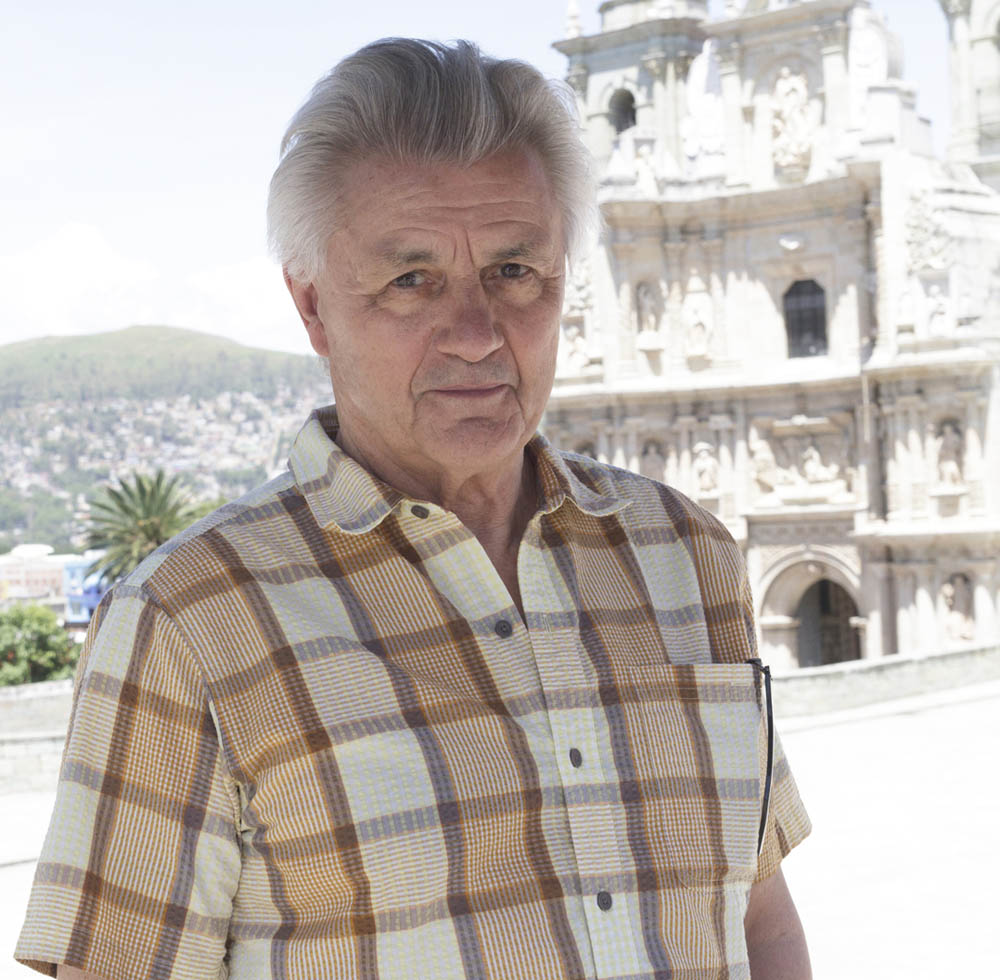
A free daily email with the biggest news stories of the day – and the best features from TheWeek.com
You are now subscribed
Your newsletter sign-up was successful
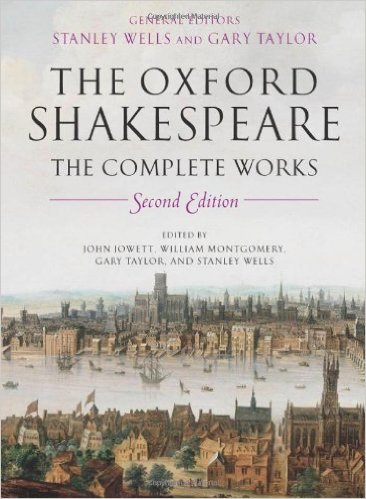
I consider the plays of Shakespeare just as formative of my desire to write fiction as any novels I've read. He was a novelist before there were novels, a screenwriter-director before there were films. He is funny; he is tragic; he believes in developing characters; he is masterful at plot. He does everything, and he makes it all — even his glorious language — look easy.
2. Great Expectations by Charles Dickens
The Week
Escape your echo chamber. Get the facts behind the news, plus analysis from multiple perspectives.

Sign up for The Week's Free Newsletters
From our morning news briefing to a weekly Good News Newsletter, get the best of The Week delivered directly to your inbox.
From our morning news briefing to a weekly Good News Newsletter, get the best of The Week delivered directly to your inbox.
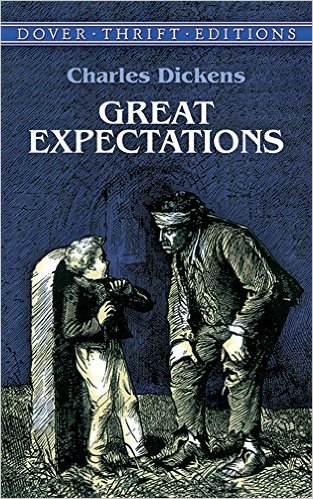
That Pip imagines the cruel Miss Havisham is his benefactor, when all the while it is the good-hearted escaped convict Magwitch, is absolutely convincing, yet stunning. A salient point of the novel is how disappointing Pip is. He does not live up to his own expectations or ours.
3. David Copperfield by Charles Dickens
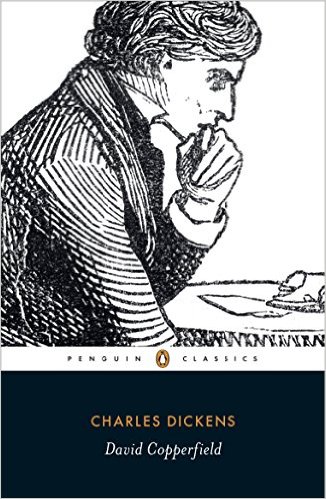
The most daunting opening of any novel: "Whether I shall turn out to be the hero of my own life, or whether that station will be held by anybody else, these pages must show."
4. The Scarlet Letter by Nathaniel Hawthorne
A free daily email with the biggest news stories of the day – and the best features from TheWeek.com
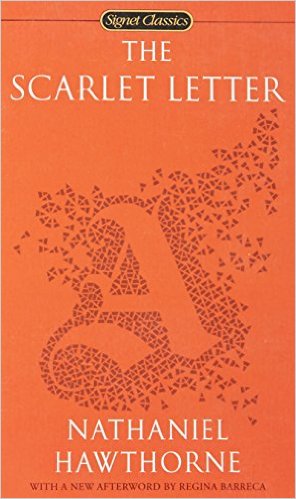
Sexual condemnation, declaring sexual differences weird or wrong — will it never end? Why is the most private of human passions subjected to public scorn? In the U.S., the uptightness of the Puritans still emanates like a poisonous gas. This is the first novel that served as a sexual beacon for me, that illuminated the hateful fountain of sexual disapproval.
5. The Mayor of Casterbridge by Thomas Hardy
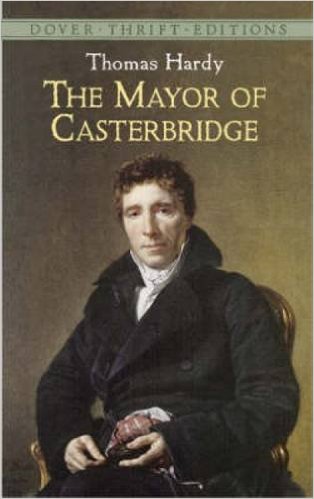
The best first chapter in any novel, ever. You think, how can this man ever atone for what he's done? The answer is, he can't — the abiding theme of the novel is that he will never atone for what he has done.
6. Moby-Dick by Herman Melville
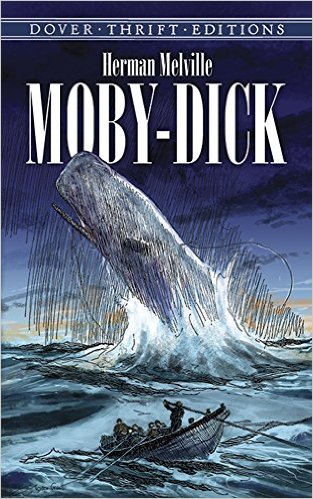
The greatness is in the ending, which manages to be both inevitable and surprising. And the power of the ending relies on the foreshadowing. Why does Ishmael meet a "cannibal" harpooner at the Spouter-Inn before the Pequod sets sail? Why is Queequeg from the South Seas? Why is he not a Christian but an "abominable savage"? You'll see — when Queequeg's coffin is all that will keep Ishmael afloat. For me, Moby-Dick is the greatest of novels.
— John Irving is the author of The Cider House Rules, A Prayer for Owen Meany, The World According to Garp, and 11 other novels. His most recent, last year's Avenue of Mysteries, is now available in paperback.